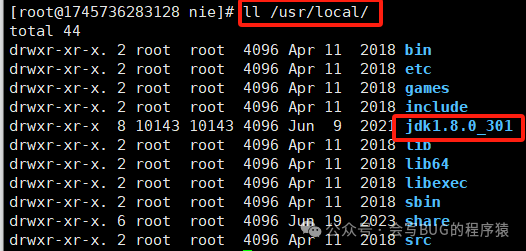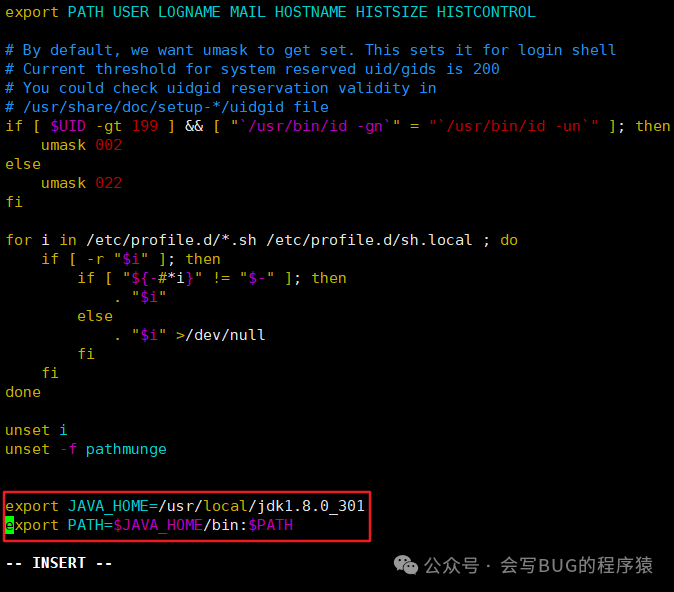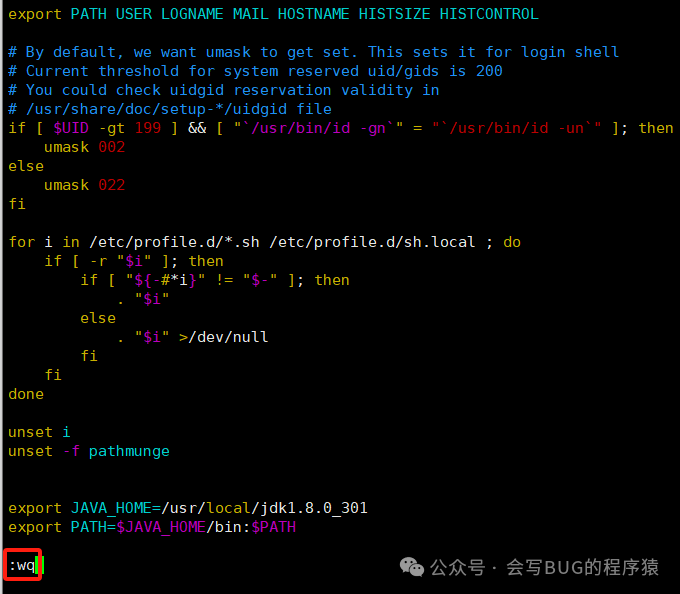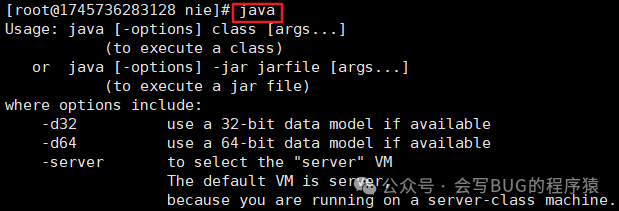Preparation
Server: CentOS Linux release 7.9.2009 (Core)
JDK: jdk-8u301-linux-x64.tar.gz
JDK 8 download link:https://www.oracle.com/java/technologies/downloads/#java8
Installation
Connect to the server using Xshell.
Upload to the server, you can use the command
# rz upload, -y to overwrite files rz -yIf prompted that the command ‘rz’ is not found, install it manually
# rz is a file transfer tool based on the zmodem protocol, part of the lrzsz package. Use rz to upload files, sz to download files. yum install -y lrzszAlternatively, you can use Xftp to upload files. After uploading, extract the files
After uploading, extract the files
# Extract jdk to /usr/local directory, -C specifies the extraction directory tar -zxvf jdk-8u301-linux-x64.tar.gz -C /usr/local/You can check the extraction directory Configure environment variablesAs we know, when installing JDK on Windows, we need to configure environment variables for easy use of Java; similarly, Linux also requires configuration.Edit the /etc/profile file
Configure environment variablesAs we know, when installing JDK on Windows, we need to configure environment variables for easy use of Java; similarly, Linux also requires configuration.Edit the /etc/profile file
vi /etc/profile # or use vim vim /etc/profilePress thei key on the keyboard, and add the following two lines at the end
export JAVA_HOME=/usr/local/jdk1.8.0_301 export PATH=$JAVA_HOME/bin:$PATHThe result should look like this: After entering, press theEsc key, type :wq (to save the edited content), then press Enter
After entering, press theEsc key, type :wq (to save the edited content), then press Enter Make the configuration effective
Make the configuration effective
source /etc/profileVerification
java -versionIf the output is as follows, it means the installation was successful


